Related Research Articles

Symphony Hall is a concert hall that is home to the Boston Symphony Orchestra, located at 301 Massachusetts Avenue in Boston, Massachusetts. BSO founder Henry Lee Higginson commissioned architectural firm McKim, Mead and White to create a new, permanent home for the orchestra. Symphony Hall can accommodate an audience of 2,625. The hall was designated a U.S. National Historic Landmark in 1999 and is a pending Boston Landmark. It was then noted that "Symphony Hall remains, acoustically, among the top three concert halls in the world, and is considered the finest in the United States." Symphony Hall, located one block from Berklee College of Music to the north and one block from the New England Conservatory to the south, also serves as home to the Boston Pops as well as the site of many concerts of the Handel and Haydn Society.
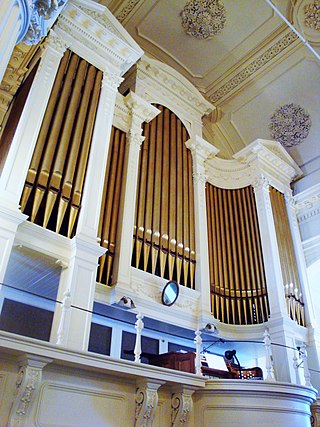
Aeolian-Skinner Organ Company, Inc. of Boston, Massachusetts was an American builder of a large number of pipe organs from its inception as the Skinner Organ Company in 1901 until its closure in 1972. Key figures were Ernest M. Skinner (1866–1960), Arthur Hudson Marks (1875–1939), Joseph Silver Whiteford (1921-1978), and G. Donald Harrison (1889–1956). The company was formed from the merger of the Skinner Organ Company and the pipe organ division of the Aeolian Company in 1932.
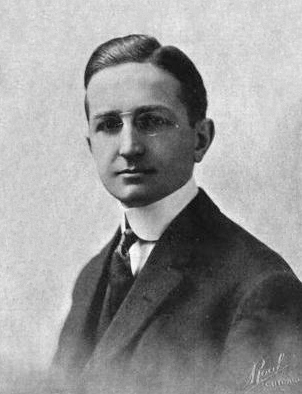
Ernest Martin Skinner was an American pipe organ builder. His electro-pneumatic switching systems advanced the technology of organ building in the first part of the 20th century.

George Elbridge Whiting was an American composer of classical music.
Garth C. Edmundson was an American organist, composer, music director, and music teacher.

Samuel Brenton Whitney was a United States organist, conductor and composer. His compositions were primarily church music and chamber works.

James Hamilton Howe was an American pianist, composer, conductor, and academic. Howe was the first dean of the Music School at DePauw University. He was instrumental in creating Alpha Chi Omega collegiate women's fraternity, one of the first Greek letter organizations for women in the United States.
Carl Weinrich was an American organist, choral conductor, and teacher. He was particularly known for his recitals and recordings of Bach's organ music and as a leader in the revival of Baroque organ music in the United States during the 1930s.
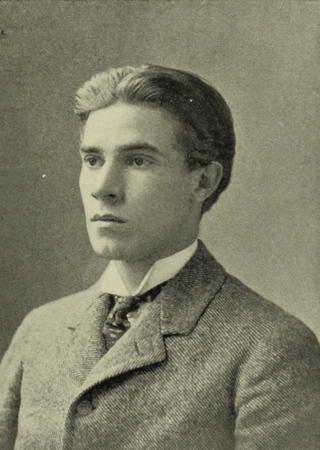
Harry Benjamin Jepson was an American organist and composer and the first University Organist of Yale University.
The 1899 Massachusetts Aggies football team represented Massachusetts Agricultural College in the 1899 college football season. The team was coached by Fred W. Murphy and played its home games at Alumni Field in Amherst, Massachusetts. The 1899 season was Brown's first as head coach of the Aggies. Massachusetts finished the season with a record of 7–3.
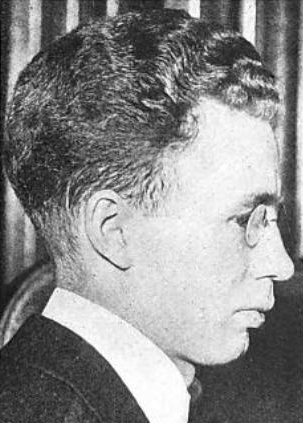
Harold Gleason (1892–1980) was an American organist, teacher, lecturer, and scholar. He is best known as the author of Method of Organ Playing, published in numerous editions made by him and later by his wife, concert organist Catharine Crozier.

Lady Mary Alice Seymour was a 19th-century American musician, author, elocutionist, and critic. She was referred to as "Octavia Hensel" in the music world, where she was an internationally known music critic. As a critic, Seymour was renowned. Her musical nature, her superior education, her thorough knowledge of the laws of theory and familiarity with the works of the great composers of the classic, romantic and Wagnerian schools, and the later schools of harmony, gave her a point of vantage above the ordinary. She was one of the original staff writers on the Musical Courier, having been its correspondent from Vienna and other European centers. Seymour played the piano, harp, guitar and organ, but never appeared on the stage, except for charitable events, as her relatives were opposed to her pursuing a professional life. A "confirmed bluestocking", Seymour was also a polyglot who spoke seven languages fluently: German, French, Spanish, Italian, Portuguese, Romanian, and Hungarian dialects. She died in 1897.
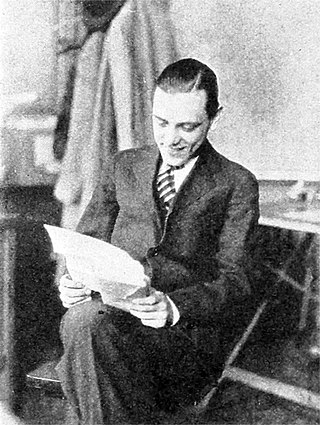
Con Maffie was an American organist who was most successful on radio.
Nancy Plummer Faxon was an American soprano, music educator, and composer of organ music.

Lynnwood Farnam was a Canadian organist who became the preeminent organist in North America in the 1920s until his death. He was influential in promoting the music of Bach, and also championed French organ music contemporary to his day. He became acquainted with the most important American and European organists of his day, and upon his early death, several major works were dedicated to his memory. He was known for his superb technical ability and knowledge of organ registration, but he avoided performances intended to "show off" the organist, preferring the attention to be drawn to the music.

Martha E. Sewall Curtis was an American woman suffragist and writer. She delivered notable lectures at the meetings of the National Woman Suffrage Association in Boston. For years, she edited a weekly woman's column in the News, of Woburn, Massachusetts, and was president of the Woburn Equal Suffrage League. For a number of years, she conducted in Boston a bureau of stenography and employed about 20 women. Her publications included Burlington Church (1885), Burlington (1890), and Ye olde meeting house (1909).
Ruth Gregson Huntington Sessions was an American writer, known for her 1936 memoir, Sixty Odd: A Personal History.
The 1899 Holy Cross football team was an American football team that represented the College of the Holy Cross as an independent in the 1899 college football season.
Virginia Carrington-Thomas was an American organist, composer, editor of organ music, and music educator.
Charles Brenton Fisk was an American pipe organ builder. He was one of the first to use mechanical tracker actions instead of electro-pneumatic actions in modern organ construction. Originally involved in the Manhattan Project, Fisk made a career change from atomic physics to organ building. He later co-founded C.B. Fisk, Inc., an organ building firm.
References
- 1 2 "Additional Dates and Information". A Directory of Composers for Organ. John Henderson.
- ↑ Hawke, H. William (December 16, 2013). "Lynnwood Farnam". The Canadian Encyclopedia. Retrieved October 11, 2018.
- 1 2 3 4 Women of History: Ruth Barrett Phelps. April 6, 2020
- 1 2 3 4 Landon, John W. (January 1985). "Biographical Dictionary of Theatre Organists". Theatre Organ. 27 (1): 40. ISSN 0040-5531.
- 1 2 Barnes, William Harrison; Gammons, Edward B. (1970). Two Centuries of American Organ Building. J. Fischer & Bro. p. 111. OCLC 856647447.
- ↑ "Obituaries: Lawrence Phelps" . The Boston Globe. Boston, Massachusetts. April 9, 1999. p. B7 – via newspapers.com.
- 1 2 "Church Organists of the Nation Want Better Pay" . The Burlington Free Press. Burlington, Vermont. June 24, 1950. p. 1 – via newspapers.com.
- ↑ Koontz, Jonathan (November 27, 1955). "Local Man Makes Good at 78" . The Palm Beach Post. West Palm Beach, Florida. p. 29 – via newspapers.com.
- ↑ "Radio Highlights" . The Miami News. Miami, Florida. November 28, 1960. p. 5B – via newspapers.com.
- ↑ "Music This Week" . Boston Globe. June 2, 1968. p. A-25 – via newspapers.com.
- ↑ "Worldcat "Ruth Barrett Phelps author" search" . Retrieved 2022-10-24.